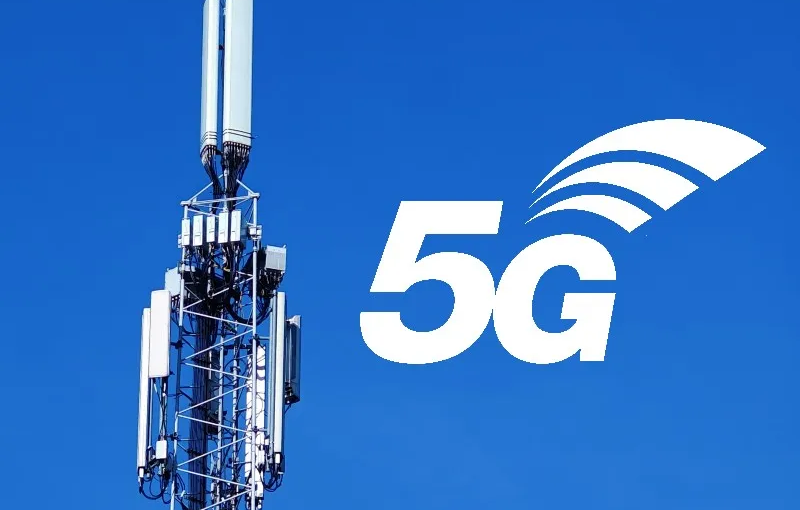Cape Verde has unveiled an ambitious National 5G Strategy aimed at dramatically expanding internet access and positioning the country as a digital leader in West Africa. Spearheaded by the Ministry of Digital Economy and supported by the World Bank through the Cape Verde Digital Project, the initiative sets a bold target: achieving 90% internet penetration by 2026. This move reflects the government’s commitment to bridging the digital divide and unlocking new opportunities for economic growth, innovation, and social inclusion.
The strategy is grounded in rigorous economic feasibility studies and outlines a roadmap for deploying high-speed connectivity across the archipelago. It prioritizes investment in digital infrastructure, the modernization of public services, and the integration of technology into key sectors such as education, healthcare, agriculture, and tourism. By leveraging 5G technology, Cape Verde aims to enhance service delivery, stimulate entrepreneurship, and attract foreign investment, while also improving the quality of life for its citizens.
Beyond connectivity, the plan emphasizes digital governance and competitiveness, ensuring that individuals and businesses are equipped to thrive in a rapidly evolving global economy. The government envisions a future where Cape Verde is not only connected but also digitally empowered, with robust systems that support innovation, transparency, and resilience. With the 2030 horizon set for becoming a regional digital hub, the 5G strategy marks a transformative chapter in Cape Verde’s development journey, one that blends technological ambition with inclusive progress.
